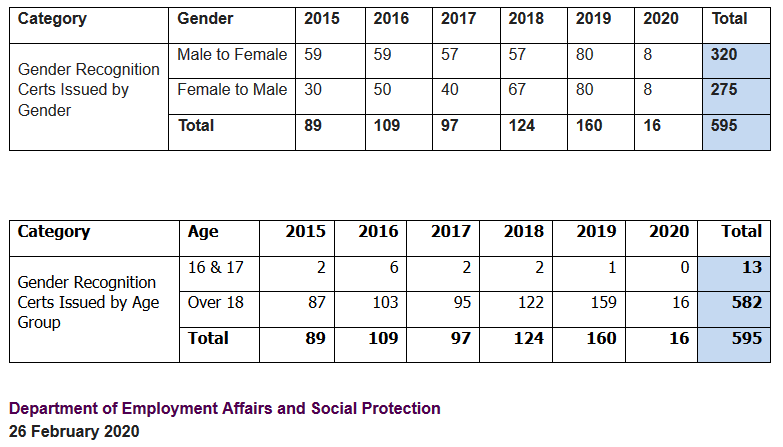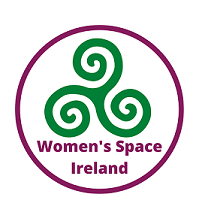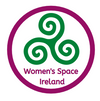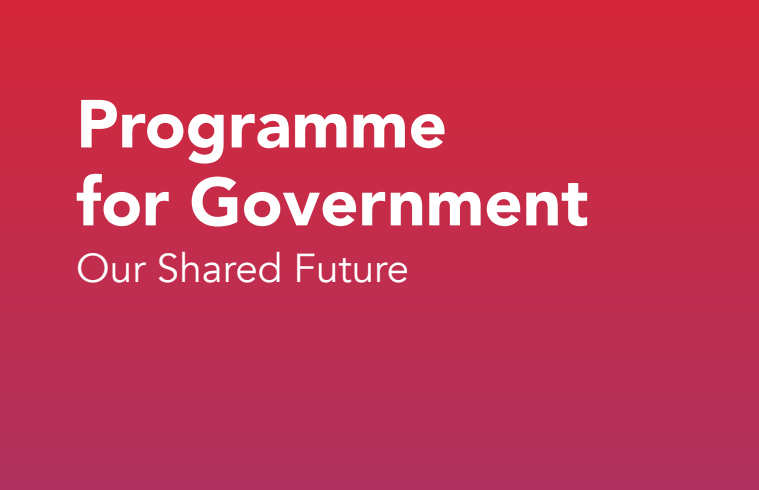Women comprise 51% of the population but just 22.5% of the TDs elected in February 2020 who are considering legislation which may adversely affect girls in particular.
Healthcare
The new coalition government of Fianna Fail, Fine Gael and the Greens has an extensive set of plans in the new Programme for Government including to

This is despite the fact that senior Irish doctors in this field, such as consultant psychiatrist Dr Paul Moran have already said that the WPATH guidelines “as they apply to assessment and treatment recommendation, are not part of our model of care, are clinically unsafe, and unsuitable for use in a public healthcare gender clinic.” His colleague, consultant endocrinologist Prof Donal O'Shea is also reported as saying "Aligning with them would result in significant harm accruing to those with gender confusion.”
In January of this year Valerie Flynn in The Sunday Times reported that
Unlike the St Columcille model, the HSE proposes that diagnosis should be “guided by” the recommendations of the World Professional Association for Transgender Health (Wpath), which places a strong emphasis on patients’ self-declaration as the basis for treatment.
Leaked minutes indicate the HSE has based the steering committee’s work on its own proposed model of care. Paul Moran, consultant psychiatrist at St Columcille’s, says this proposal is “unsound and unsafe” because it “does not enable adequate assessment of patients and does not require proper qualification of professionals”.
Removal of medical safeguards for children 16 and 17
The Programme for Government also says it will remove the need for a child aged 16 or 17 to have two specialist reports before they can apply for legal gender recognition, by providing for self-id, with parental consent. The government also plans to make "any necessary changes to the law to allow legal name change be part of the gender recognition process."
In addition the programme promises to "Commence research to examine arrangements for children under 16." The Government will also "Complete the work of the interdepartmental group tasked with examining legal recognition of non-binary people."

Plans to amend gender ground in equality legislation
The Equal Status Acts 2000 to 2018 (the ESA), prohibit discrimination on ten specific grounds in the provision of goods and services, obtaining or disposing of accommodation and in relation to educational establishments. Gender is one of the ten grounds of discrimination covered and there are some exemptions allowed, for instance:

Section 7 of the ESA relates to educational establishments, which covers pre-school, primary and post-primary schools, and third level institutions. Section 7 only applies to students or prospective students, however, a parent/guardian can bring a complaint on behalf of their child, where the child is a minor.
The coalition government is proposing to accede to a request to

This suggests that existing safeguards provided under our Equal Status Acts are to be altered which may in effect remove the exemption under gender which protects women and girls as a sex, e.g. in the provision of single sex toilets.
Later on, on the same page, the parties say under "Gender Equality" that they will "Develop and implement a new National Strategy for Women and Girls." Since men can now change their gender legally with a Gender Recognition Certificate does this mean that the new strategy will therefore include men who identify as women?


